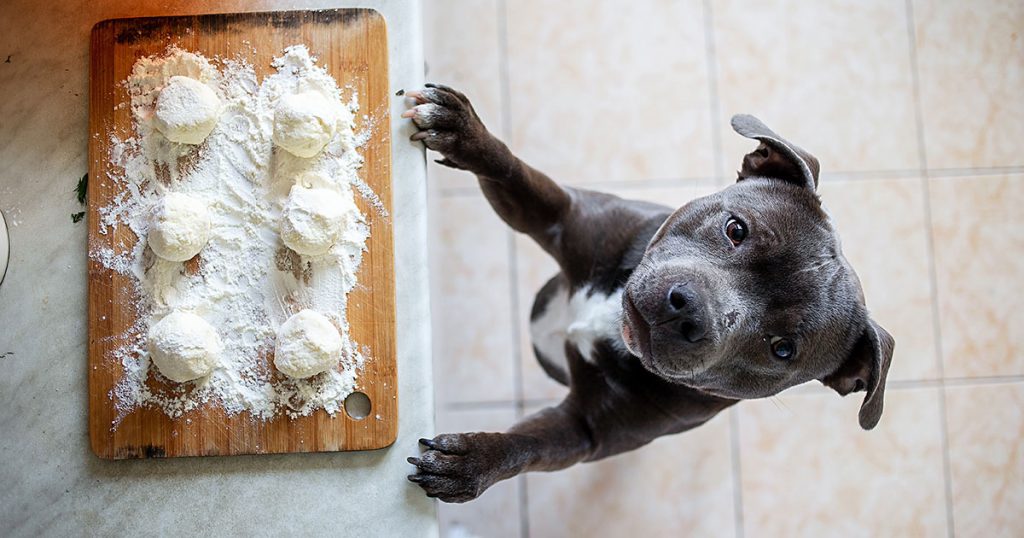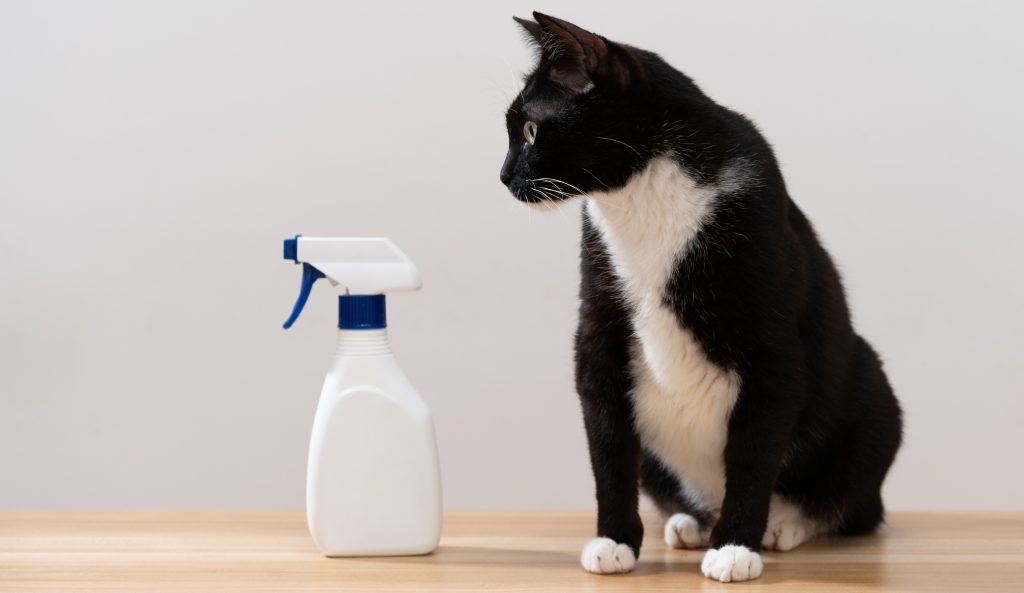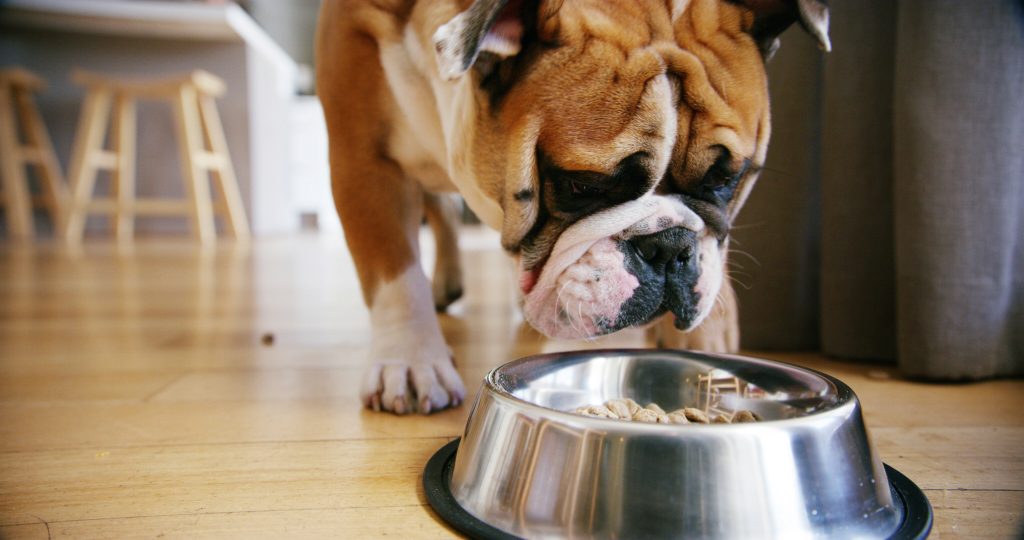While it might be tempting to give our dogs treats from the table, dog owners should be aware of the foods that can be toxic to them. Knowing what common foods can be poisonous to our canine friends can help us keep them happy and healthy.
1. Avocado
While avocados are considered a healthy food for humans, that’s not the case when it comes to dogs. Dog owners should know that avocados contain persin which can be dangerous for dogs to ingest. Persin causes diarrhea and vomiting. It’s also too high in fat for dogs to ingest which might put them at risk for developing pancreatitis. While small amounts of avocado are generally considered safe, it’s best to avoid feeding it to your pet altogether.
2. Onions
When a dog consumes onion, whether it is powdered, raw, cooked, or dehydrated, it can cause major issues. Onions can kill their red blood cells which can further lead to possibly developing anemia. It’s best to keep all forms of onions away from our canine friends.
3. Garlic
Garlic has similar effects to onions when ingested by a canine. Garlic contains a compound called thiosulfate that will cause serious red blood cell damage in dogs resulting in anemia. Common symptoms of ingesting garlic are lethargy and weakness.
4. Caffeine
While us humans have trouble going through the morning without our daily cup of coffee, it could be fatal for a dog to ingest caffeine. Dogs are far more sensitive to caffeine than humans are, and if ingested, it could cause seizure, vomiting, diarrhea, and tremors. It’s best to keep our furry friends away from all products that contain caffeine which may include energy drinks, coffee grounds, coffee beans, tea bags, soda, and certain medications.
5. Chocolate
One of the most commonly known toxic foods for our furry friends is chocolate. It contains theobromine which is dangerous to dogs. It can be found in each type of chocolate, including white, milk, with the most dangerous types being dark chocolate and unsweetened baking chocolate. Theobromine can cause serious and potentially deadly heart and central nervous system problems in dogs.
6. Cherry Pits
Cherry pits contain cyanide which can be deadly if too much is ingested. Cyanide can kill tissues by making it difficult for them to use oxygen. Cyanide is also present in cherry stems and leaves. The only part of the cherry that doesn’t contain cyanide is the fleshy part around the pit, yet, this is also not recommended for you to feed it to your dog.
7. Alcohol
Alcohol has the same effects it has on humans as it does on dogs, yet dogs need much smaller amounts of alcohol to become severally affected. It affects the liver and the brain the same way that it affects humans by depressing the central nervous system. Consuming alcohol can cause vomiting, diarrhea, decreased coordination, coma, and even death. Some dogs are attracted to alcoholic drinks so it’s best to keep them in a place where our pets cannot reach them.
8. Grapes and Raisins
Grapes and raisins are highly toxic to dogs. They can easily cause kidney failure, even if only a few grapes or raisins are ingested. Reoccurring vomiting is an early sign of kidney failure with sluggishness and depression following suit. When it comes to our beloved pups, keep all grapes and raisins away.
9. Macadamia Nuts
Macadamia nut cookies are delicious for us humans but it’s best to keep them stored away from your dog. Ingesting macadamia nuts can cause weakness, depression, vomiting, and hypothermia. It only takes a few nuts to poison a midsize dog. If you own a curious pup, make sure to store your favorite macadamia nut snacks out of reach.
10. Xylitol
Most people have never heard of Xylitol because it’s a small ingredient found in many everyday foods. Xylitol is an artificial sweetener that is used in baked goods, soda, sugar free candy and gum, and many other products. Xylitol can cause severe illness and death in dogs. The symptoms appear as vomiting, lethargy, and coordination problems which eventually can lead to seizures and liver failure. Before giving your pup anything marketed as low sugar or artificially sweetened, it’s best to check the ingredients list to ensure that it doesn’t contain Xylitol.
This is not an exhaustive list of toxic foods for dogs, but it includes the most common foods and ingredients often found around the house. If your dog has been exposed to any of the above, please reach out to your veterinarian.





